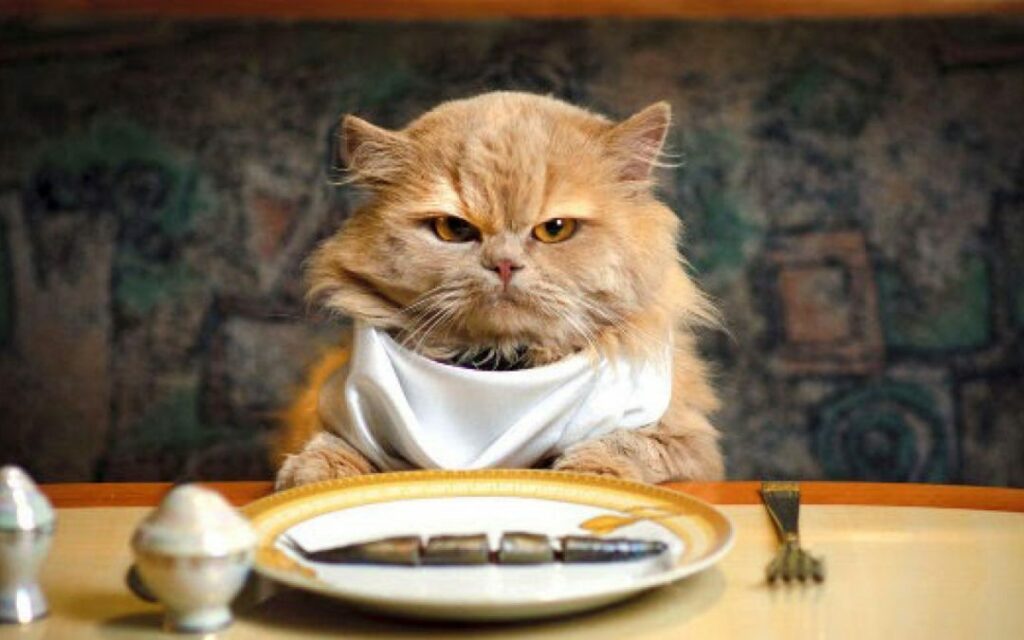There are many factors a cat owner needs to consider when their cat refuses to eat. As missing even one meal brings fatal harm to the cat as it may cause them to develop eating-related habits or liver diseases, cat owners should always observe their cats’ eating habits.
If cats do not like their food, they will unintentionally starve themselves unless you serve the food they prefer, making them more susceptible to fatty liver disease.
Possible Reasons Why Your Cat Refuses to Eat
Due to the natural predatory behaviors wild cats have, they become opportunistic feeders that often have a wide selection of prey as they’re able to adapt to the availability of their food. Depending on their hunt, wild cats snack 10-20 times per day.
Many possible factors weigh in on the reason why your cat won’t eat. Cats are generally interested in food, and they’re usually happy to explore new treats. When they refuse to eat even with a bowl of cat food in front of them, you need to consider the contributing factors to their lack of appetite.
The most effortless indicator to pinpoint is the location of their food bowl. Is the food bowl near the litter box? Is their environment too noisy or unruly? A cat owner needs to consider these as cats generally avoid eating when they’re near an uncleaned litter box. In addition to that, an unruly environment gives your cat anxiety, making them abandon their food altogether. As a cat owner, it is essential to place their food bowl in serene surroundings to rid them of their fears.
Moreover, the changes in your cat’s food routine can also lead to their decreased appetite. An abrupt change in your cat’s diet due to health conditions will disrupt your cat’s hunger, as most cats require gradual changes in their diet to adjust and adapt to the taste.
Not only that, but a lack of a routine feeding schedule may lead them to develop fussy food habits and overall confusion with their routine. When cats are used to a regular feeding schedule, their bodies prep themselves for the food they’re bound to ingest.
Other factors to consider are the number of treats you’ve given them, making them too full to eat, or the presence of other pets that want to steal their food, increasing their anxiety and making them abandon their food to avoid competition. (Source: Senior Cat Wellness)
The Danger of Starvation in Cats
When a cat owner still hasn’t provided the appropriate treatment their cat needs to eat, they’ll only eat the sufficient food they need to survive, or they will unintentionally starve themselves. If your cat hates the food you serve them, they’ll choose to remain hungry unless you change their diet to their preferred cat food. With that said, cat owners should also avoid force-feeding their cats as they may develop anorexia or eating-related problems.
A cat’s refusal to eat proves to be fatal. Once cats don’t eat for one to two days, they become more prone to fatty liver disease or hepatic lipidosis. As there is no food intake, their body utilizes their fat storage for energy, leading to liver malfunction. If not responded to with quality treatment, hepatic lipidosis will develop into a fatal disease. (Source: Senior Cat Wellness)

if your cat doesn’t like the the food that may be a bad sign of health issues, it’s better to contact veterinarian or Online Vet https://petcube.com/vet-chat/